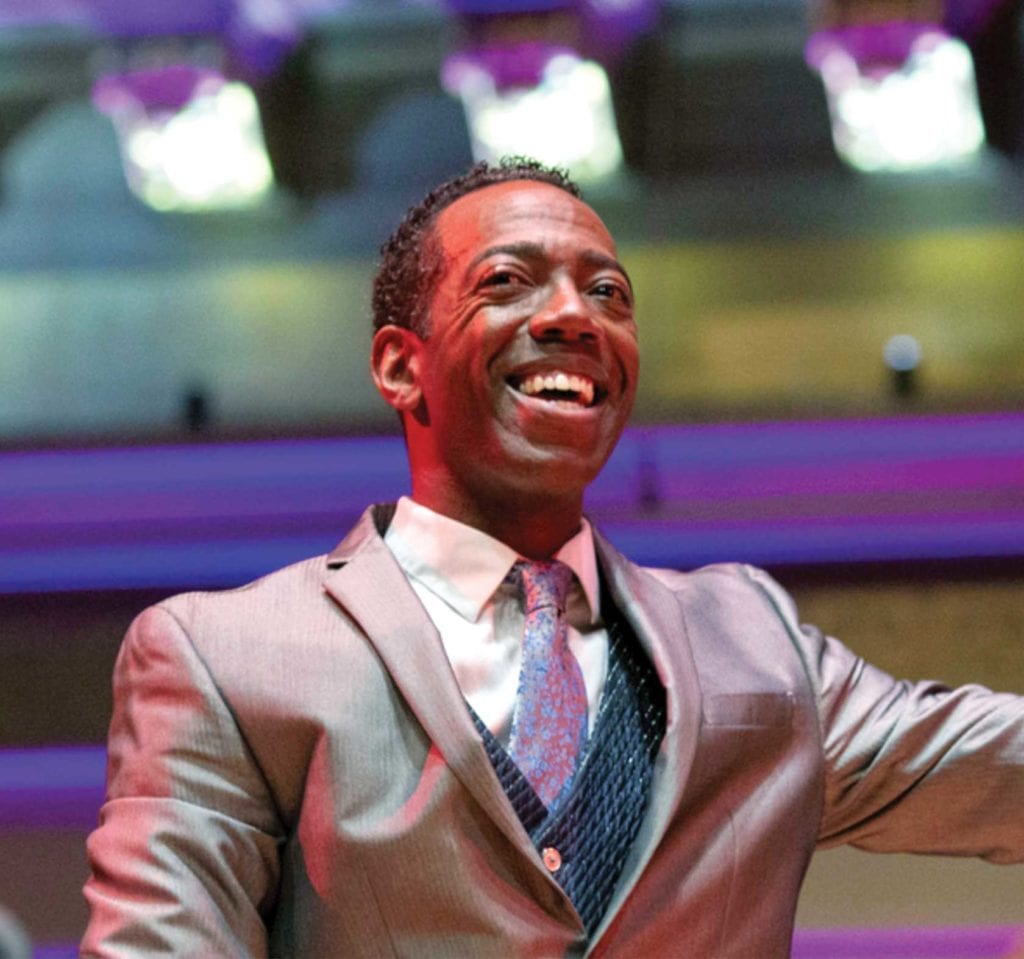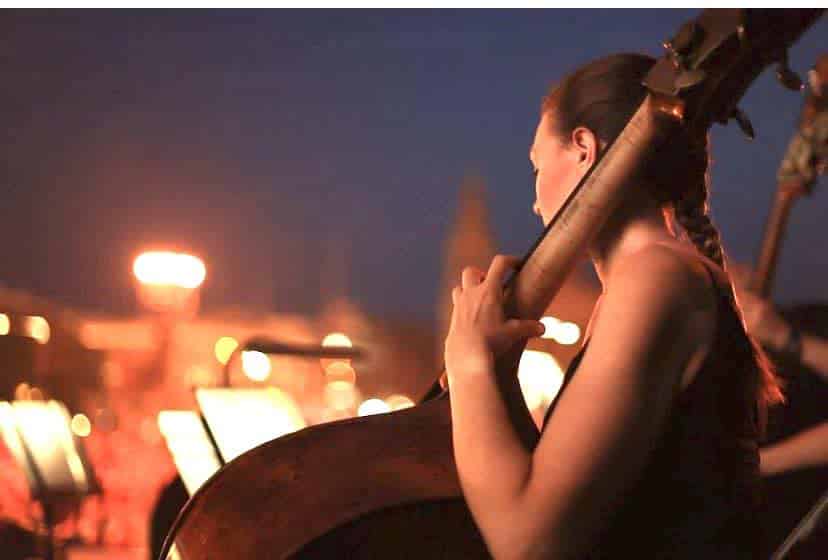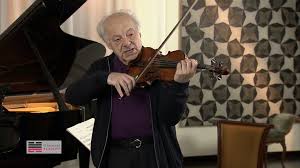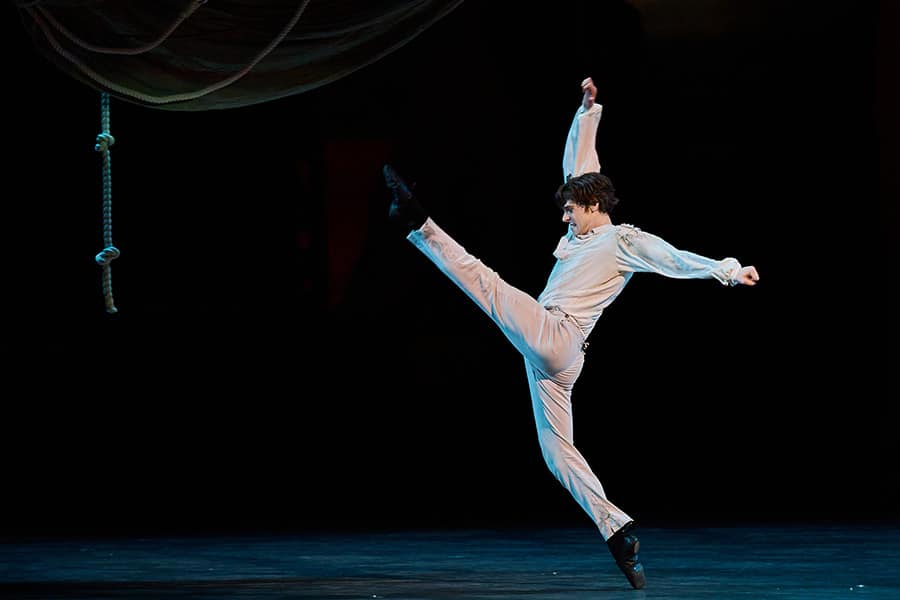New baton in Boston
mainThe Handel and Haydn Society has made Dr. Anthony Trecek-King resident conductor of its Chorus. He will share duties with Scott Allen Jarrett.


The Handel and Haydn Society has made Dr. Anthony Trecek-King resident conductor of its Chorus. He will share duties with Scott Allen Jarrett.

From Georgina McGrath: I’m very sorry to share…

From the general manager’s self-admiring Sunday sermon in…

We have been notified of the death this…

The press service of the Mariinsky Theater has…

Session expired
Please log in again. The login page will open in a new tab. After logging in you can close it and return to this page.
Great diversity appointment for Boston!
While appreciative of the approval, you could have just left it at its being a great appointment. Calling it a diversity appointment (particularly without evidence of anything other than superlative musicianship playing any part in his hiring) renders your comment into a pejorative one.
That’s what sarcasm can do:)
By your comment, do you not approve of such trending headlines as “First Female xxx”, “First Black secretary of state …”, “First Gender-Neutral xxx”. Etc. Etc?
Well Jussi, you are consistent in all your comments, I’ll give you that.
“The only thing consistent is change.” – Groucho Marx
I seem to vaguely remember that someone else said that before him.
New appointment at HARTT as well. Been a good year for Anthony.
I don’t know the structure of the organization but why are two resident conductors needed? And yet another hire during a pandemic….
I never understood music performance PhDs. And performers who put a “Dr.” in front of their names (mostly American chorus directors! have you noticed?)
I mean, what is a performer doing to earn a PhD in that instrument that an equally talented performer cannot do without earning a PhD?
All I know is that a “Dr.” chorus director better be able to operate on my throat.
Note most music schools don’t offer a PhD but a DMA. The PhD is research driven, contributing new knowledge to a field, while the DMA would be more driven by performance.
“what is a performer doing to earn a DMA in that instrument that an equally talented performer cannot do without earning a DMA?” Probably not much, but why would that be a detractor? A talented performer without a DMA is probably participating in lessons and master classes anyway – why not formalize that continued study with a degree?
“All I know is that a ‘Dr.’ chorus director better be able to operate on my throat.” I find the use of “Dr.” pretentious (and I have a PhD in engineering, who btw can’t knowledgeably operate on your throat). But he has absolutely earned the title and should feel free to refer to himself with it if he wishes.
Kman, well said. One of the main reason why there are so man choral directors with DMAs in the United States is that many of the jobs are in academia. I too do not like refer to myself as Dr., particularly outside of academia, but find that the profession often requires it
To answer your question, the DMA candidate is doing research and writing research papers and articles. The major difference between a PhD in music and a DMA is that the PhD doesn’t need to perform (and virtually never does), and the DMA must.
I won’t operate on your throat, but I am a doctor (of psychology). If someone has done the work and earned a Ph.D., they are entitled to use the title of Doctor.
To me, only physicians are real ‘doctors’.
And even at that, many are suspect…
Ironically, medical doctorates aren’t terminal degrees. PhDs and EdDs and DMs are, and are required for academia, where almost everyone is called Dr.
Congratulations Dr. TK! Well deserved. He will do great things in this new position. They are lucky to have him.